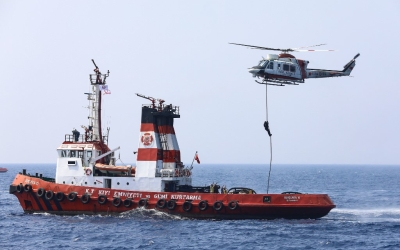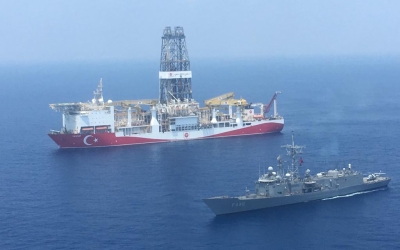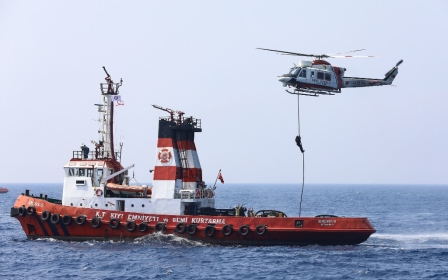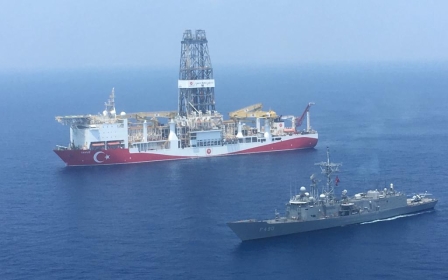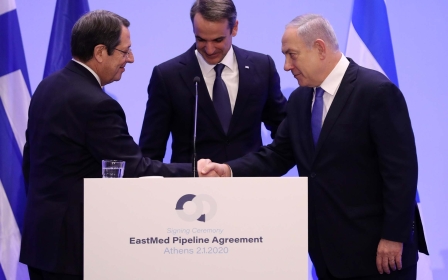North Cyprus president faces rival in run-off after neither wins majority
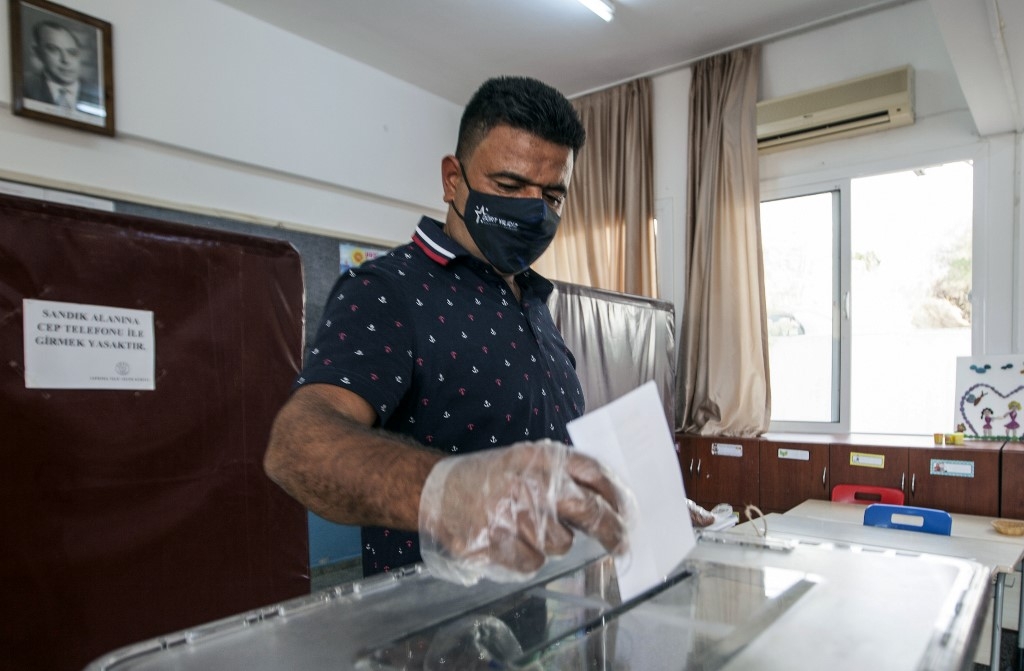
Turkish-occupied northern Cyprus will head to the polls again after the two frontrunners in the presidential election, Prime Minister Ersin Tatar and incumbent president Mustafa Akinci, failed to win a majority on Sunday.
Right-wing nationalist Tatar, who is backed by Turkey, won 32 per cent of the vote, while Akinci, who supports reunification, gained almost 30 per cent among a field of 11 candidates, the election council said.
Akinci is expected to win next weekend's run-off and win a second term with the backing of Tufan Erhurman, a Social Democrat former prime minister and supporter of a federation with the Greek Cypriot south, who won 21 per cent on Sunday.
"Akinci will probably win the second round with more than 55 per cent," said Mine Yucel, the head of Prologue Consulting, which specialises in polling, told AFP.
More than 200 of Akinci's supporters celebrated Sunday's results with dancing and drum beating outside the offices of the 72-year-old former mayor of northern Nicosia, who is seeking a second five-year term.
Akinci thanked the crowd and condemned an alleged "disinformation" campaign against him during the election.
"The people, who are capable of self-government, have the ability to decide who to choose, are mature enough to decide with free will, mind and conscience who to choose," he said.
Varosha anger
The presidential vote in the self-proclaimed Turkish Republic of Northern Cyprus (TRNC) was held amid heightened tensions on the divided island and in the wider eastern Mediterranean, as well as precautions against the spread of the coronavirus.
The planned exploitation of hydrocarbons in the eastern Mediterranean has seen a stand-off between Turkey on one side, and Greece and the Republic of Cyprus on the other.
The election council said 58 per cent of the almost 199,000-electorate voted, down from 62 per cent in 2015.
The vote came three days after Turkish troops angered the Republic of Cyprus, an EU member, by reopening public access to the fenced-off seaside ghost town of Varosha for the first time since Turkish forces invaded the north in 1974.
That move sparked demonstrations in the majority Greek-speaking Republic of Cyprus, which exercises its authority over the island's southern two thirds, which are separated from the north by an UN-patrolled buffer zone.
Turkish President Recep Tayyip Erdogan announced the partial reopening, alongside Tatar, of Varosha, a beachside resort in the city of Famagusta that once drew Hollywood stars before it was abandoned by its Greek-Cypriot inhabitants during the Turkish invasion.
The move to allow visitors back into the abandoned and overgrown area was condemned by Akinci and other candidates, who saw it as Turkish interference in the election.
Last Thursday's opening was also heavily criticised by the European Union and the United Nations.
'Intervention of Turkey'
Kemal Baykalli, founder of the non-government group Unite Cyprus Now, told AFP: "The main issue of this election is how we will define our relationship with Turkey."
Akinci favours loosening ties with Ankara, earning him the hostility of Erdogan.
"There are two situations that are not normal," Akinci said after voting. "One is about our health, there is a pandemic.
"And the second one is our political health, communal health, and I'm talking here about the intervention of Turkey."
Northern Cyprus, now with an estimated population of 300,000, was established after the north was occupied by Turkey in reaction to a coup that aimed to annex Cyprus to Greece.
UN-brokered negotiations aimed at reunification stalled during Akinci's term of office, notably on the question of the withdrawal of tens of thousands of Turkish soldiers stationed in the TRNC.
Middle East Eye delivers independent and unrivalled coverage and analysis of the Middle East, North Africa and beyond. To learn more about republishing this content and the associated fees, please fill out this form. More about MEE can be found here.


